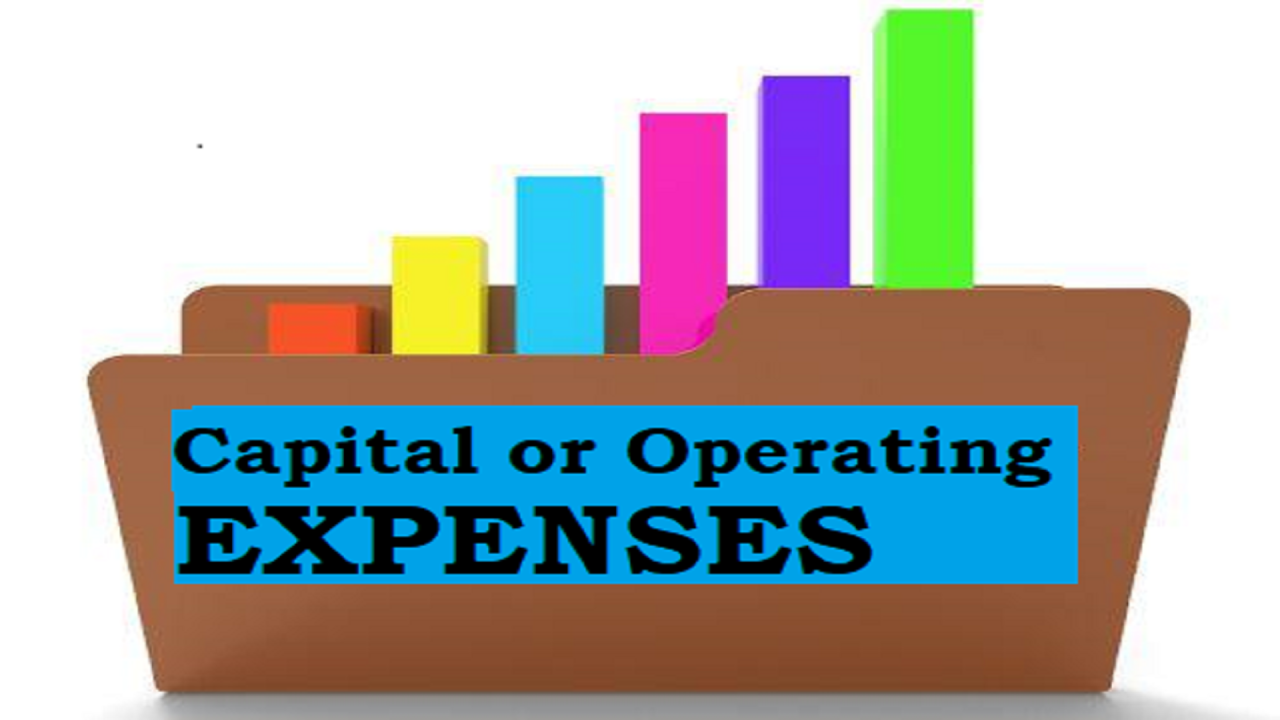
Understanding Operating Expenses and Capital Expenses for Rental Properties
Navigating the financial intricacies of real estate investments, particularly rental properties, can be a complex endeavor. Among the key considerations for landlords are operating expenses and capital expenses, which play a significant role in determining the overall profitability of a rental property.
Operating Expenses: The Ongoing Costs of Property Ownership
Operating expenses represent the ongoing costs associated with owning and maintaining a rental property. These expenses are incurred on a regular basis and are directly related to the property's operations, such as:
Property taxes: Assessed by local governments, property taxes are based on the assessed value of the property.
Salaries and wages: Compensation paid to employees for their services.
Insurance premiums: Landlords typically purchase insurance to protect against potential risks such as property damage, liability, and lost rent.
Maintenance and repairs: Maintaining the property in good condition is crucial for attracting and retaining tenants. This includes routine maintenance tasks, repairs, and replacements as needed.
Management fees: If a property manager is employed, their fees are considered an operating expense.
Utilities: Utilities such as water, electricity, and trash removal paid by the landlord.
Capital Expenses: Long-Term Investments in Property Value
Capital expenses, on the other hand, represent investments in property that enhance its value or extend its useful life. Capital expenditures are not expensed immediately but are instead capitalized on the company's balance sheet. This means that their cost is spread out over the asset's useful life through depreciation. These expenses are typically incurred less frequently than operating expenses and have a longer-term impact on the property such as:
Property improvements: Significant upgrades or additions to the property, such as remodeling, renovations, or new appliances, are considered capital expenses.
Land improvements: Improvements made to the land surrounding the property such as paving or fencing.
Depreciation: A Deduction for Wear and Tear
Depreciation is an accounting method that allocates the cost of an asset over its estimated useful life, matching the expense to the periods in which the asset generates benefits. It is a tax deduction that allows landlords to recoup the cost of a rental property over its useful life. For residential rental properties, the depreciation period is typically 27.5 years. For commercial rental properties, the depreciation period is typically 39 years. Depreciation is calculated using straight-line depreciation and is deducted as an operating expense to reduce taxable income.
Operating Expenses Before Rent
Even before a rental property is placed on the market and generates rental income, landlords may incur operating expenses. These expenses may include:
Marketing and advertising costs: To attract potential tenants, landlords often incur expenses related to marketing and advertising the property.
Vacancy costs: If the property is vacant, landlords may still incur operating expenses such as property taxes, insurance, and maintenance.
Pre-rental repairs and cleaning: Preparing the property for occupancy may involve repairs, cleaning, and other expenses.
Operating expenses incurred before the property is placed on the market for rent are generally considered capital expenditures and are capitalized on the balance sheet, with their cost being depreciated over the property's useful life. Or, those expenses can be capitalized as start up cost.
Conclusion
Operating expenses and capital expenses are essential considerations for landlords. Understanding the distinction between these expenses and how they impact the financial performance of a rental property is crucial for making informed decisions about property management, tax planning, and overall investment strategy. Consulting with a qualified tax advisor or real estate professional can provide valuable guidance in navigating the complexities of rental property expenses and depreciation.
For further discussion on this topic and more visit us online at https://www.sve-accountingandtaxes.com/make-appointment/